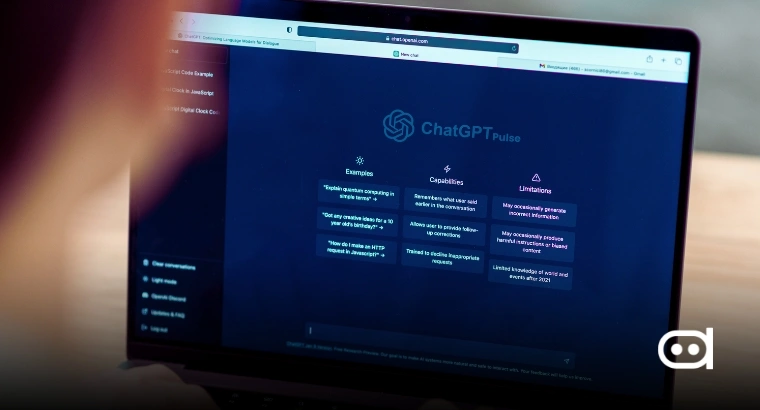
Key Highlights:
- Mixpanel suffered a security breach that exposed limited analytics data linked to some OpenAI API users.
- OpenAI confirmed its own systems were not impacted, with no chat logs, API keys, or sensitive data compromised.
- The company removed Mixpanel from production and is notifying affected users while increasing vendor security reviews.
With the growing fascination of companies to collect user data, security breaches have become one of the common issues in the tech industry. It’s another day, and we are here to talk about another major data breach, involving OpenAI and Mixpanel, which is a third-party analytics provider used for web analytics on platform.openai.com.
OpenAI confirms Mixpanel breach has exposed API users’ data; ChatGPT users unaffected
OpenAI has issued a public statement after Mixpanel reported breach in its own system that exposed data belonging to some OpenAI API users. The company has clarified that the incident stemmed entirely from Mixpanel’s internal environment and did not impact any of OpenAI’s systems. So, if you are someone who uses ChatGPT, you do not need to worry, but you should still stay alert.
According to the company, the breach was first detected on November 9, when Mixpanel identified unauthorized access to part of its infrastructure. As reported, attacker exported a dataset containing customer-identifiable information linked to certain OpenAI API accounts. OpenAI was notified of the situation the same day, as Mixpanel started working with OpenAI to investigate. On November 25, Mixpanel shared the affected dataset with OpenAI, which was later confirmed to be genuine.
To be clear, OpenAI’s system wasn’t breached. Therefore, chat logs, API requests, API usage data, model outputs, passwords, API keys, financial information, or government-issued identification weren’t exposed in this breach. Attackers only had access to data confined to analytics information that Mixpanel independently collected from the frontend interface of the OpenAI API platform.
Also read: OpenAI Denies Allegations That ChatGPT Guided Teen Toward Suicide
What data was exposed and how OpenAI responded
The data in question included user profile details associated with the use of platform.openai.com. This includes names provided on the API account, email addresses, approximate location such as city, state, and country, operating system and browser information, referring websites, and internal organization or user IDs. Thus, OpenAI has warned that the combination of names, emails, and API-associated metadata could still be used in phishing or social engineering attempts.
Following its internal review, OpenAI immediately removed Mixpanel from its production environment and terminated its use of Mixpanel services entirely. The company has since been reviewing the dataset and directly notifying all affected organizations, administrators, and individual users. That being said, OpenAI confirmed that there’s no evidence that any systems or data outside Mixpanel’s infrastructure were breached.
The company is now conducting more extensive security reviews across its entire vendor ecosystem and raising security requirements for all third-party partners. Speaking of transparency, Open AI notes:
Trust, security, and privacy are foundational to our products, our organization, and our mission. We are committed to transparency, and are notifying all impacted customers and users. We also hold our partners and vendors accountable for the highest bar for security and privacy of their services. After reviewing this incident, OpenAI has terminated its use of Mixpanel.
Also read: OpenAI Brings Data Residency Support for Enterprise Users in the UAE
What to do now
For individuals or organizations whose data may have been part of Mixpanel’s exposed dataset, OpenAI recommends staying vigilant about potential phishing attempts. The company also recommends enabling multi-factor authentication for all accounts as an added layer of defense. Moreover, OpenAI has reassured millions of ChatGPT users that their data was not exposed in this breach.














